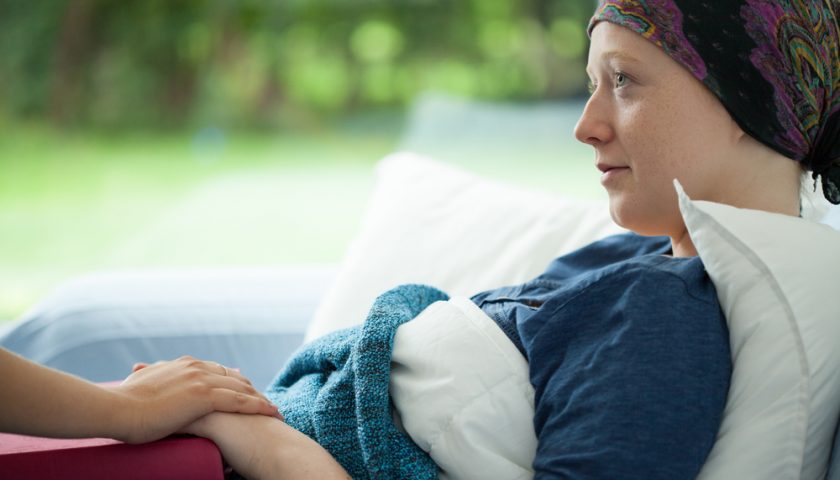Navigating the challenges of cancer treatment involves not just medical intervention but also comprehensive care that supports the patient’s well-being. For cancer patients requiring round-the-clock assistance, professional home care services offer invaluable support and comfort. What are the essential strategies to enhance their quality of life and ensure optimal care? Let’s delve into effective approaches that can significantly improve the caregiving experience.
Understanding Home Care
Home care provides continuous support for cancer patients who need assistance with daily activities, medical monitoring, and emotional support. This personalized 24 hour home care for cancer patients allows them to receive treatment in the comfort of their own homes while maintaining a sense of independence and familiarity. It enables patients to avoid the stress of hospital visits while receiving attentive care tailored to their individual needs.
Moreover, this approach not only enhances convenience but promotes a supportive environment for healing surrounded by loved ones. It takes a holistic approach to patient well-being, addressing both physical and emotional concerns.
Tailoring Care Plans to Individual Needs
Each cancer patient has unique needs based on their treatment regimen, physical abilities, and emotional state. Tailoring care plans ensures that every aspect of their care, from medication management to personal hygiene and mobility assistance, is addressed comprehensively. This personalized approach helps in optimizing treatment outcomes and enhancing quality of life by focusing on what matters most to the patient’s comfort and well-being.
Comprehensive Medical Monitoring
Effective home care includes regular medical monitoring by qualified professionals. This may involve monitoring vital signs, administering medications, and managing symptoms such as pain or nausea. Continuous monitoring facilitates the early discovery of complications and ensures timely intervention, providing peace of mind to both patients and their families during the treatment journey. This proactive approach supports comprehensive care delivery tailored to individual health needs, enhancing overall treatment outcomes and patient well-being.
Promoting Comfort and Pain Management
Managing pain and discomfort is crucial for cancer patients undergoing treatment. Healthcare providers focus on creating a comfortable environment, using techniques like positioning and massage therapy, and providing pain relief medications as prescribed by healthcare professionals. This holistic approach not only alleviates physical discomfort but also supports emotional well-being, fostering a sense of security and tranquility at home.
Emotional and Psychological Support
Cancer treatment can take a toll on mental health. Home care providers offer emotional support by engaging patients in meaningful conversations, providing companionship, and connecting them with support groups or counseling services. Addressing emotional needs is integral to enhancing overall well-being and helping patients navigate the emotional challenges of their illness with resilience and positivity.
Nutritional Support and Meal Planning
Maintaining proper nutrition is vital during cancer treatment. Home care providers assist in meal planning, preparing nutritious meals tailored to dietary requirements, and encouraging adequate hydration. Nutrition plays a pivotal role in supporting recovery and managing treatment side effects, ensuring patients receive the essential nutrients needed for strength and healing.
Ensuring Safety and Fall Prevention
Safety is a primary concern for cancer patients, especially those undergoing treatment that affects balance or mobility. Home care professionals assess the home environment for potential hazards, implement safety measures like grab bars and non-slip surfaces, and provide assistance with movement to prevent falls. These precautions promote independence while minimizing risks, allowing patients to move confidently and safely within their homes.
Facilitating Physical Activity and Rehabilitation
Physical activity and rehabilitation exercises tailored to the patient’s abilities can aid in maintaining strength, flexibility, and overall well-being. Home care providers support patients in performing prescribed exercises, encouraging movement within safe limits, and promoting rehabilitation goals. This proactive approach helps patients regain functional abilities and improve their quality of life throughout the treatment and recovery process.
Coordination with Healthcare Providers
Effective communication and coordination with healthcare providers are essential. Home care teams collaborate with oncologists, nurses, and other specialists to ensure continuity of care, monitor treatment progress, and adjust care plans as required. This teamwork ensures that patients receive seamless support, with all aspects of their medical and personal needs addressed in a cohesive and responsive manner.
24 hour home care for cancer patients goes beyond physical assistance; it encompasses emotional support, medical monitoring, and personalized care strategies tailored to individual needs. By focusing on comfort, safety, and comprehensive support, health providers play a pivotal role in enhancing the quality of life for patients receiving cancer treatment at home. Embracing these strategies not only improves the caregiving experience but also promotes better outcomes and a sense of dignity for patients during a challenging time.
Read Next: Internal Insider










